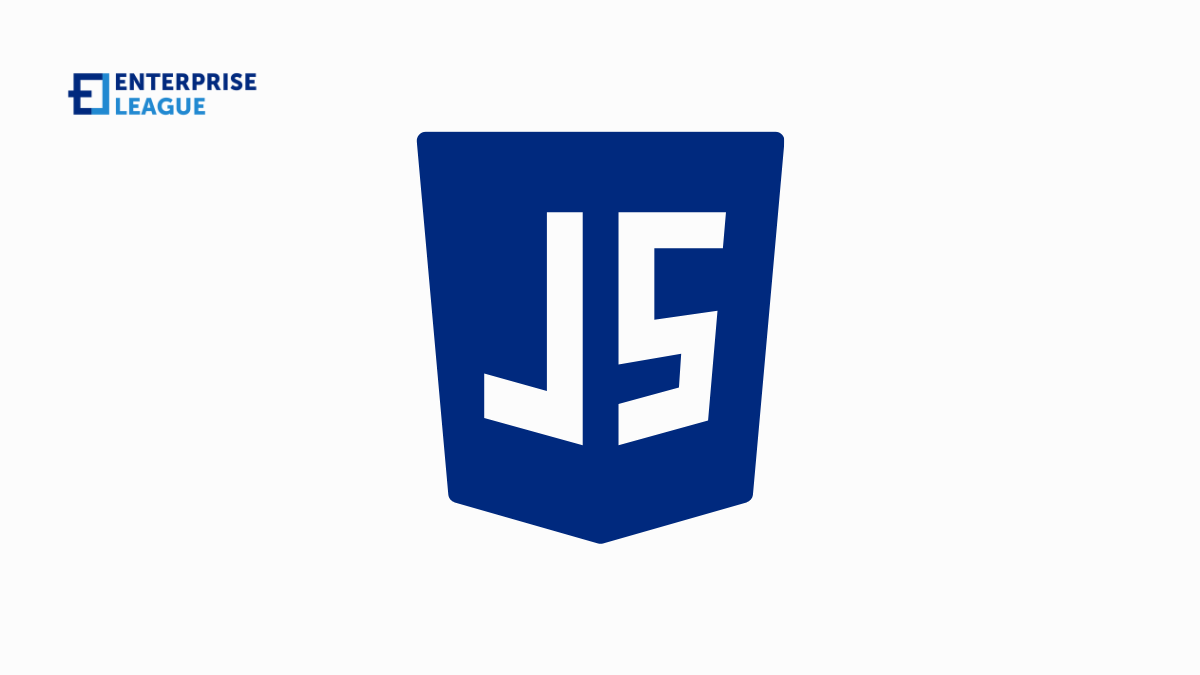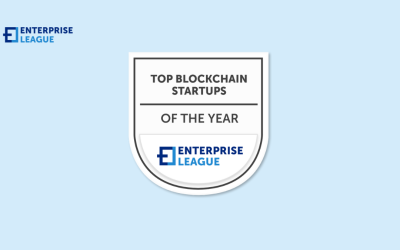The most popular Javascript frameworks of 2023: A quick overview
February 01, 2024

As the web development landscape continues to evolve, staying informed about the latest trends and adopting the right framework for your project is essential. Whether you’re building a dynamic single-page application or a large-scale enterprise solution, the frameworks mentioned in this article are poised to shape the web development landscape in 2024 and beyond. Keep exploring, experimenting, and pushing the boundaries of what’s possible with these powerful JavaScript frameworks.
React.js
Unquestionably, React.js maintains its stronghold as one of the most popular JavaScript frameworks in 2023. Developed and maintained by Facebook, React.js is celebrated for its component-based architecture, which promotes code reusability and maintainability. Its virtual DOM efficiently updates the user interface, ensuring a seamless and responsive user experience. Many industry giants, including Instagram, Airbnb, and Netflix, rely on React.js for their front-end development needs.
Vue.js
Vue.js has been steadily gaining traction and is expected to continue its ascent in 2024. Known for its simplicity and versatility, Vue.js provides developers with a progressive framework that is easy to integrate into existing projects. Its reactive data binding and component-based structure make it an excellent choice for building interactive user interfaces. Vue.js has found favor with companies like Alibaba, Xiaomi, and Adobe, showcasing its adaptability across different scales of projects.
Express.js
On the server-side, Express.js continues to be a dominant force in 2024. As said in this Express.js vs Node.js comparison, Express.js facilitates the creation of robust APIs and scalable server-side applications. Its middleware architecture allows developers to extend and customize functionality easily. Express.js is often chosen for building RESTful APIs, and its simplicity has made it a favorite among startups and established enterprises alike.
Node.js
No discussion about JavaScript frameworks is complete without mentioning Node.js. In 2023, Node.js remained a powerhouse for server-side development. Its event-driven, non-blocking I/O model makes it highly efficient and scalable, making it ideal for building real-time applications. Node.js is widely adopted for its ability to handle a large number of simultaneous connections, making it a top choice for applications with high concurrency requirements. With the continued growth of microservices architecture, Node.js continues to be a preferred technology for backend development.
Angular
Angular, developed and maintained by Google, remains a robust and widely adopted front-end framework. The release of Angular 12 has brought forth various enhancements, including improved performance and developer experience. Angular employs TypeScript, a statically-typed superset of JavaScript, which enhances code quality and maintainability. Large-scale applications such as Gmail, Google Analytics, and Microsoft Office rely on Angular for their user interfaces.
Svelte
Svelte has been making waves in the JavaScript community with its innovative approach to building web applications. Unlike traditional frameworks that shift the heavy lifting to the client’s browser, Svelte shifts the work to the build step, resulting in smaller and more efficient runtime code. This approach has garnered attention for its potential to enhance application performance. Svelte simplicity and reduced boilerplate code make it an appealing choice for developers seeking a fresh perspective in 2024.
Next.js
As the demand for server-side rendering and efficient page loading grows, Next.js has become a prominent player in the JavaScript framework landscape. Leveraging React.js, Next.js simplifies the process of building server-rendered React applications. Its ability to enable dynamic routing, automatic code splitting, and seamless integration with popular data fetching libraries makes it a go-to choice for developers aiming to create performant and SEO-friendly web applications. Companies like Uber, Netflix, and TikTok have embraced Next.js for their projects.
Conclusion
Whether you are a fan of the component-based structure of React.js, the simplicity of Vue.js, the power of Angular, the innovation of Svelte, the efficiency of Next.js, or the server-side capabilities of Express.js, the JavaScript ecosystem has something to offer for every developer.
More must-read stories from Enterprise League:
- Get inspired from this list of creative small business ideas.
- Best marketing tools for startups that are worth trying.
- Golden rules about Google advertising for small businesses.
- Find out all the things that make messy people smarter.
- Have a look at the best countries to start a business as a foreigner.
Related Articles
7 ways to streamline workflows and boost sales
Companies and organizations focus their efforts on optimizing workflows and increasing sales because it’s the recipe for a thriving work environment.
Top 27 blockchain startups revolutionizing the industry in 2024
Blockchain Startups are revolutionizing the industry with their decentralized solutions and innovations. Check out the 27 game-changing Blockchain Startups.
21 VR Startups with innovative solutions (2024)
Check out these 21 VR startups that are pushing the boundaries with their innovative solutions and have the potential to make big changes in industry.
7 ways to streamline workflows and boost sales
Companies and organizations focus their efforts on optimizing workflows and increasing sales because it’s the recipe for a thriving work environment.
Top 27 blockchain startups revolutionizing the industry in 2024
Blockchain Startups are revolutionizing the industry with their decentralized solutions and innovations. Check out the 27 game-changing Blockchain Startups.





